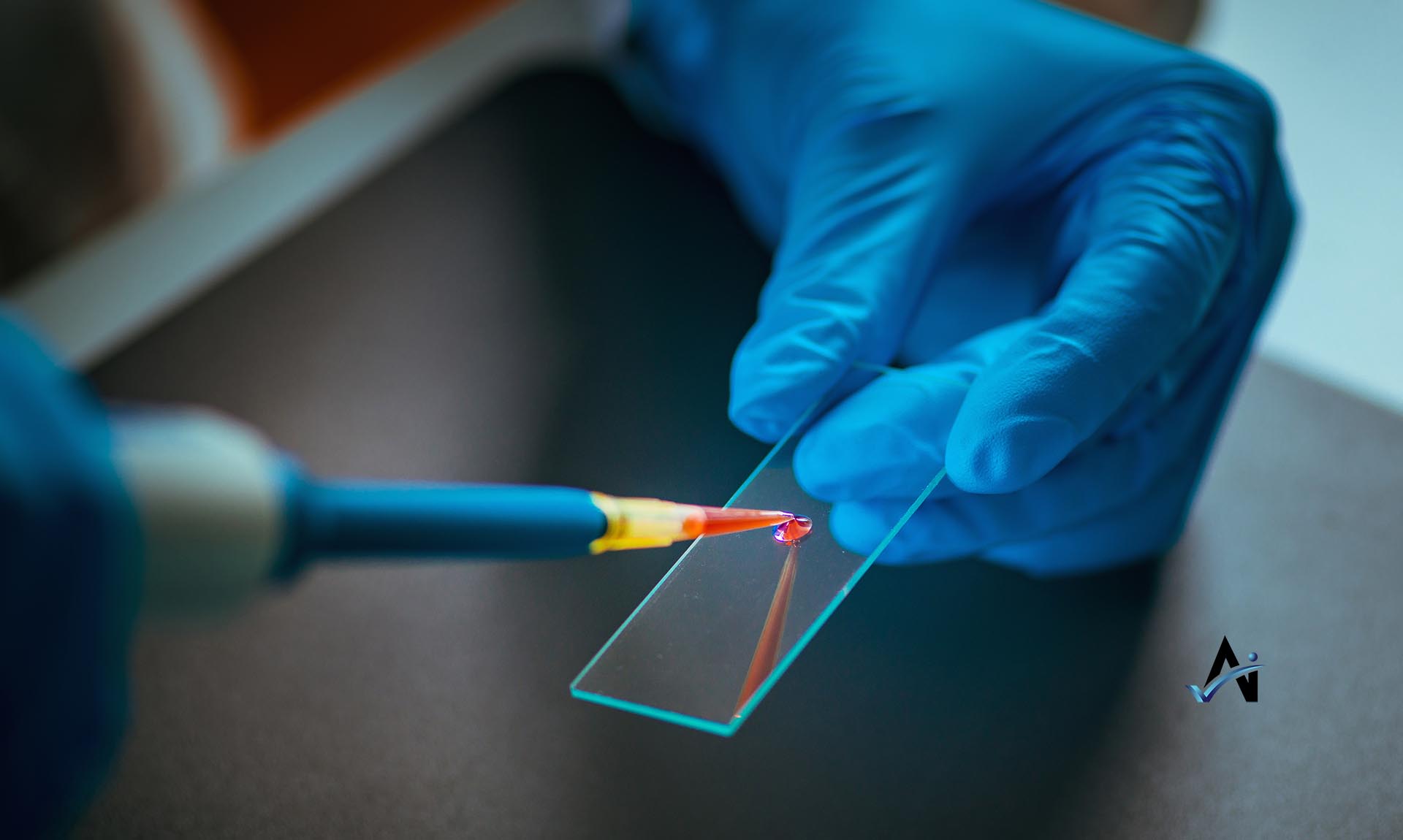AI’s Transformative Effects on Drug Development
The integration of artificial intelligence (AI) and machine learning (ML) in drug development is revolutionizing the pharmaceutical industry, offering unprecedented opportunities to expedite the process while enhancing accuracy and efficiency. Consider the various ways AI and ML are accelerating drug development.
Streamlining Drug Discovery
- Target Identification: AI algorithms analyze vast biological datasets to identify potential drug targets more efficiently than traditional methods. These targets are critical in developing treatments for various diseases.
- Molecule Screening: ML models can predict the therapeutic potential of millions of molecules in a fraction of the time it would take through conventional screening processes. This rapid screening helps in identifying promising candidates early in the drug development pipeline.
Enhancing Drug Design
- Predictive Modeling: AI-driven models can predict how different chemical compounds will behave and interact with biological systems. This predictive capability is essential for designing effective and safe drugs.
- Structure-based Drug Design: AI tools use 3D models of molecular structures to predict how molecules will bind to specific biological targets, facilitating the design of more effective drugs.
Optimizing Clinical Trials
- Patient Selection: AI algorithms analyze patient data to identify those who are most likely to benefit from a specific treatment, thus improving the efficacy of clinical trials.
- Data Analysis: ML algorithms can process and analyze clinical trial data more rapidly and accurately than traditional statistical methods, speeding up the evaluation of a drug’s effectiveness and safety.
Real-world Data and Personalized Medicine
- Real-world Evidence: AI can analyze real-world data (such as electronic health records and wearable device data) to gain insights into drug performance and patient outcomes in diverse populations.
- Personalized Treatment: AI tools are paving the way for personalized medicine, tailoring treatments to individual genetic profiles, lifestyles, and health conditions.
Challenges and Future Prospects
Despite its potential, the integration of AI and ML in drug development faces challenges, including data privacy concerns, the need for large, high-quality datasets, and the requirement for interdisciplinary collaboration. Nevertheless, the future of AI and ML in drug development looks promising, with ongoing advancements poised to further transform the field, making drug development faster, more efficient, and more patient-centered.
In conclusion, AI and ML are not just futuristic concepts but active and vital components in the current landscape of drug development. Their ability to process vast amounts of data and provide insights at an unprecedented scale is already making a significant impact, with the promise of more groundbreaking developments in the near future.
latest video
Get Our Newsletter
Never miss an insight!






